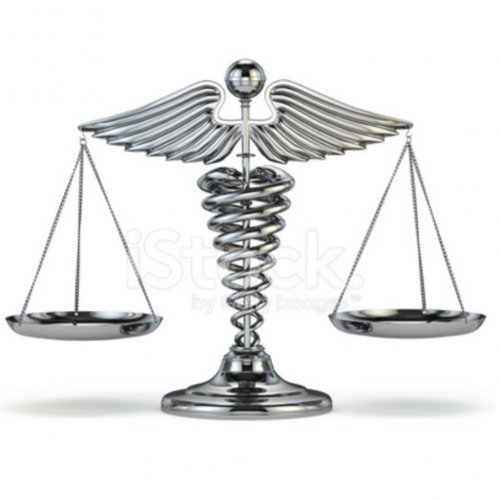Best Civil Rights Lawyers in N'Djamena
Share your needs with us, get contacted by law firms.
Free. Takes 2 min.
List of the best lawyers in N'Djamena, Chad
About Civil Rights Law in N'Djamena, Chad:
Civil Rights are fundamental rights and freedoms that every individual should possess, regardless of their race, religion, gender, or nationality. In N'Djamena, Chad, Civil Rights are protected by both national and international laws.
Why You May Need a Lawyer:
There are various situations where you may require legal help in the field of Civil Rights. Some common examples include:
- Discrimination at the workplace
- Police misconduct or brutality
- Violation of freedom of speech or expression
- Denial of access to education or healthcare based on discrimination
- Harassment or hate crimes
Local Laws Overview:
It is important to be familiar with the key aspects of local laws in N'Djamena, Chad that are particularly relevant to Civil Rights:
- The Constitution of Chad guarantees basic Civil Rights to all citizens, including the right to equality, freedom of thought, and freedom of assembly.
- The Labor Code prohibits discrimination in employment based on race, religion, sex, or any other protected characteristic.
- The Penal Code criminalizes acts of discrimination, hate speech, and violence against individuals or groups based on their race, religion, or other protected attributes.
Frequently Asked Questions:
1. Can I file a complaint for discrimination at my workplace?
Yes, if you have experienced workplace discrimination, you have the right to file a complaint with the Employment Tribunal or seek legal assistance to address the issue.
2. What should I do if I am a victim of police misconduct?
If you are a victim of police misconduct or brutality, it is important to gather evidence, such as videos or witness statements, and report the incident to the appropriate authorities. You may also consider contacting a lawyer who specializes in Civil Rights cases.
3. How can I exercise my freedom of speech and expression without facing legal repercussions?
While you have the right to freedom of speech and expression, it is important to be aware of the limitations imposed by the law. Avoid engaging in hate speech, inciting violence, or spreading false information that could harm others. If you have concerns about potential legal repercussions, consult with a lawyer.
4. Can I be denied access to education or healthcare based on my personal characteristics?
No, it is illegal to deny access to education or healthcare services based on discriminatory grounds. If you have been denied these rights, it is advisable to seek legal assistance to protect your Civil Rights.
5. What should I do if I am a victim of harassment or a hate crime?
If you have been a victim of harassment or a hate crime, report the incident to the local authorities and gather any evidence available. It is recommended to seek legal advice to understand your options for pursuing justice and protecting your rights.
Additional Resources:
For further information and assistance regarding Civil Rights in N'Djamena, Chad, consider reaching out to the following:
- Chadian Human Rights League (LTDH)
- Ministry of Justice and Human Rights
- United Nations Development Programme (UNDP) in Chad
Next Steps:
If you require legal assistance in the field of Civil Rights in N'Djamena, Chad, the following steps can guide you:
- Document the incident or issue, including any evidence available.
- Consult with a reputable Civil Rights lawyer familiar with the laws in N'Djamena, Chad.
- Provide all necessary information and documentation to your lawyer to assess your case.
- Discuss potential legal actions or remedies that can protect your rights.
- Follow your lawyer's guidance throughout the legal process.
Lawzana helps you find the best lawyers and law firms in N'Djamena through a curated and pre-screened list of qualified legal professionals. Our platform offers rankings and detailed profiles of attorneys and law firms, allowing you to compare based on practice areas, including Civil Rights, experience, and client feedback.
Each profile includes a description of the firm's areas of practice, client reviews, team members and partners, year of establishment, spoken languages, office locations, contact information, social media presence, and any published articles or resources. Most firms on our platform speak English and are experienced in both local and international legal matters.
Get a quote from top-rated law firms in N'Djamena, Chad — quickly, securely, and without unnecessary hassle.
Disclaimer:
The information provided on this page is for general informational purposes only and does not constitute legal advice. While we strive to ensure the accuracy and relevance of the content, legal information may change over time, and interpretations of the law can vary. You should always consult with a qualified legal professional for advice specific to your situation.
We disclaim all liability for actions taken or not taken based on the content of this page. If you believe any information is incorrect or outdated, please contact us, and we will review and update it where appropriate.








